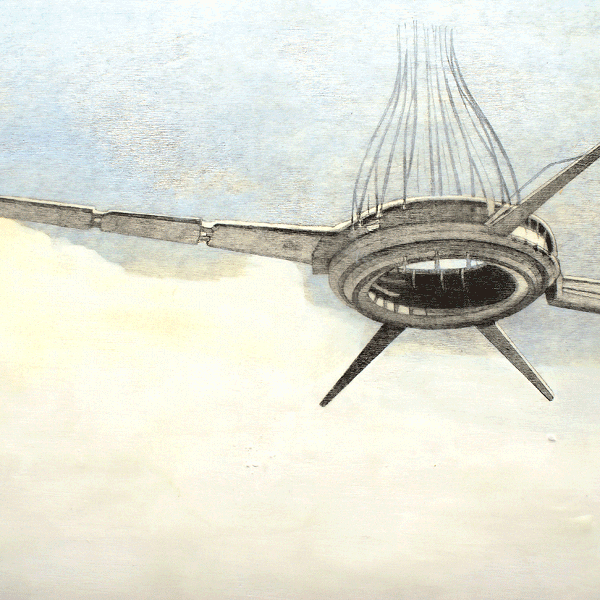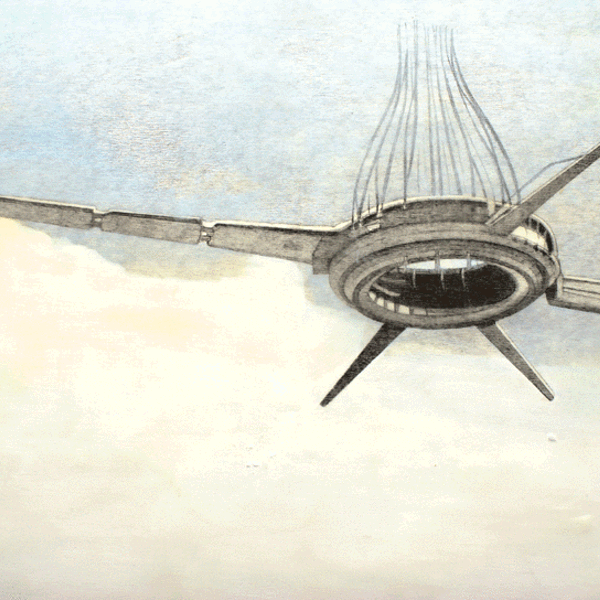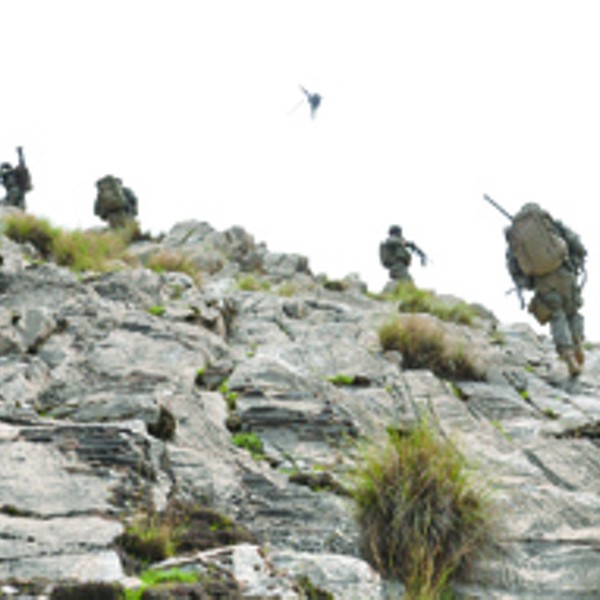“Contrary to our culture and traditions, the troops search our houses in villages and even occupy them for as long as 15 to 20 days and arrest and terrify the innocent locals on wrong intelligence reports,” Gul Rahman, a member of a tribal delegation, told the Chinese news agency Xinhua recently. The simmering resentment bred by such actions becomes open rage when they are punctuated by such incidents as that which occurred in the remote village of Hutala in Ghazni province in December. Nine children and a local man were killed in an airstrike aimed at a Taliban member who by all accounts had left the area some time before.
As much a distortion of reality as the idea of a “postwar” Afghanistan is the constant characterization of the Taliban, in both official pronouncements and media accounts, as “remnants”. The Taliban freely operates in a third of the country, launching attacks from Nimroz province in the west to Khost in the east. The characterization reveals a profound ignorance of enduring Afghan realities. In the nation’s past, rebel groups with significant popular support maintained comparatively low-level operations while biding their time in preparation for a general uprising. The widespread prevalence of guns in Afghanistan, which is a legacy of a quarter century of outside powers such as the United States, the Soviet Union, Pakistan, Iran, and China pouring in weapons to back up their proxy fighters, means that tens of thousands of civilian sympathizers can become enemy fighters at a moment’s notice.
It is hard to see how such a state of affairs can add up to victory for the United States. Afghan expert Mark Sedra laments “a destructive cycle by which Pashtuns, disillusioned by the failure of the Karzai government to fulfill its promises of greater security and economic opportunity, are driven to support extremists” in the March 10 issue of Foreign Policy in Focus. And this failure is entirely due to the wholly inadequate military and economic resources placed at its disposal by the United States and the international community. Incidents such as the intramural fighting between federal and local forces in Herat this March only serves to highlight the fundamental tenuousness of the “free” Afghanistan that George Bush touts as one of his great accomplishments.
“We have the military aspect pretty well stabilized,” Senator Wayne Allard (R-CO) recently told CNN after returning from a fact-finding mission to Afghanistan. As he spoke, one could almost hear the ghost of Sir William MacNaughton, the British envoy during the First Anglo-Afghan War in 1841, who declared, “The country is perfectly quiet, from Dan to Beersheba” just a few months before he and the entire Kabul garrison were wiped out in a general uprising of exhausted, totally alienated Afghans.
Vanni Cappelli is a Poughkeepsie-based freelance journalist who has covered wars in the Horn of Africa, the Balkans, and Central Asia for over a dozen years. He is a co-founder and the current secretary of the Afghanistan Foreign Press Association.
















